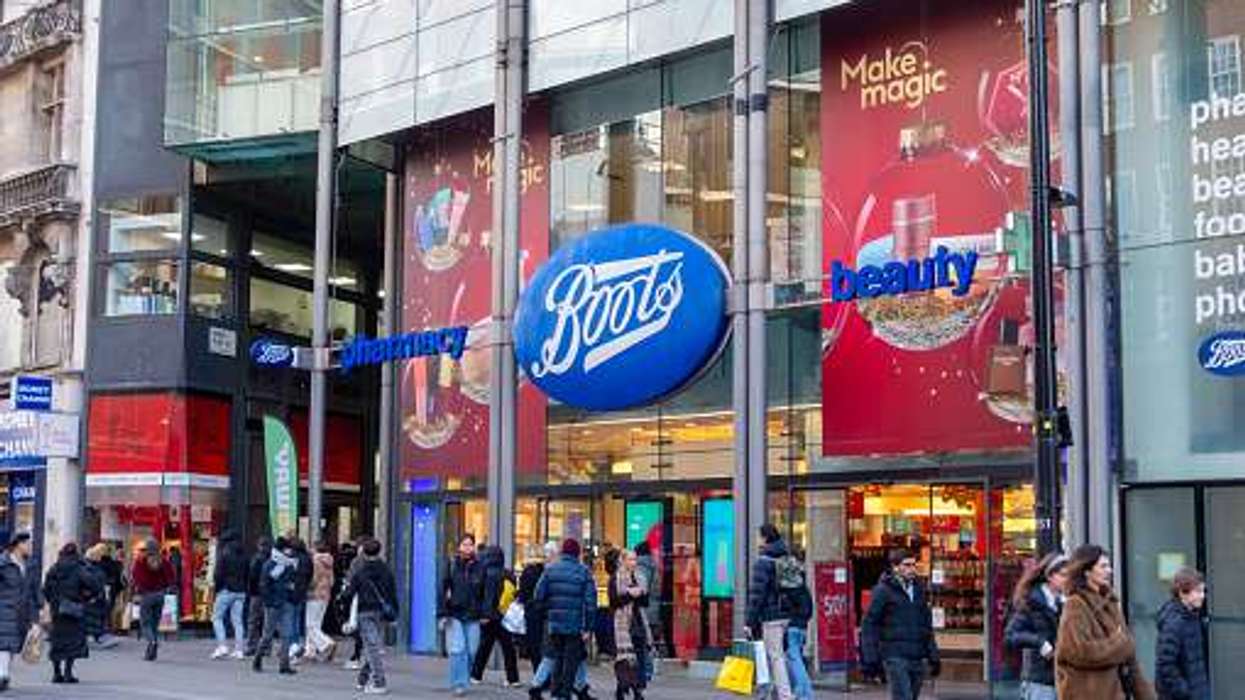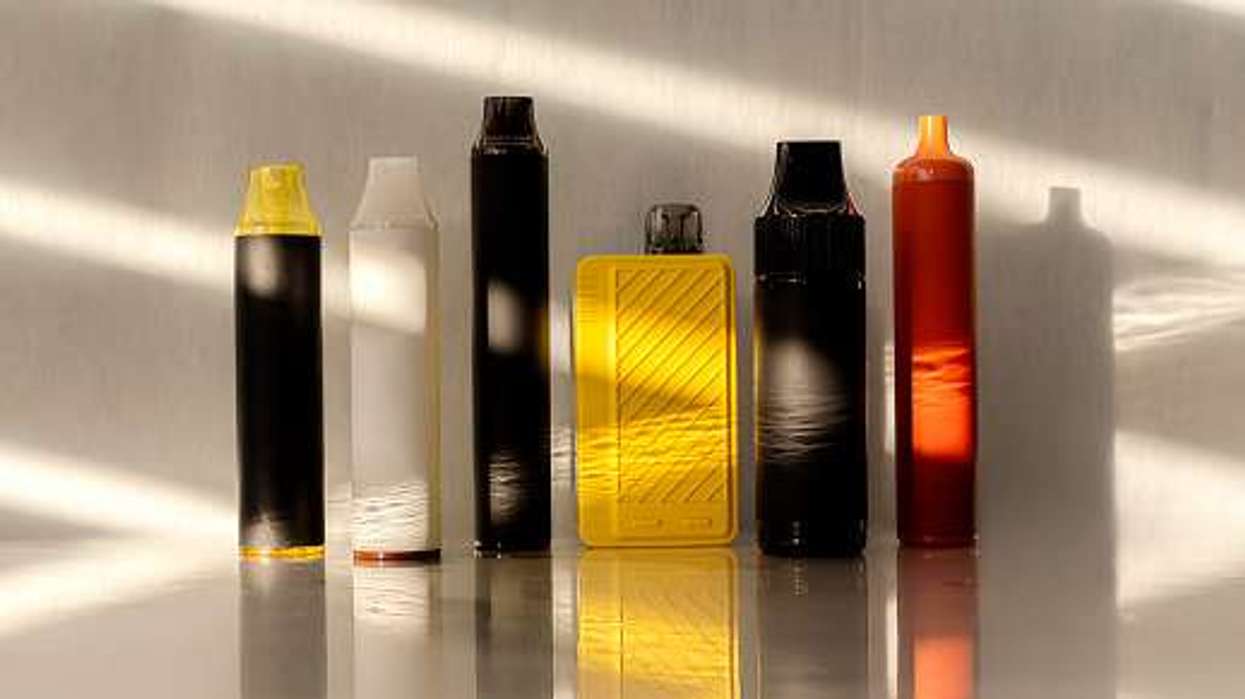Key Summary
- The BNF CALs have been translated into the UK’s most spoken languages
- The translated labels provide clear guidance to improve patient safety
- More languages will be added to the API in the future
The British National Formulary’s (BNF) partnership has translated the BNF and BNF for Children (BNFC) cautionary and advisory labels (CALs) into the UK’s most spoken languages.
Its partnership with the Royal College of Paediatrics and Child Health (RCPCH), and the Neonatal and Paediatric Pharmacists Group (NPPG) implemented the translation.
The CALs give extra guidance on how to safely use medicines.
They help patients understand the medications better, ensuring safety and better outcomes.
They are based on trusted medical information from the BNF and BNFC.
Professional UK-based registered translators did the translation in the most commonly spoken dialect.
BNF + BNFC CALs now include the most spoken languages in the UK such as English, Welsh, Arabic, Bengali, Gujarati, Italian, Polish, Portuguese, Punjabi, Romanian, Spanish and Urdu.
The BNF + BNFC CALs are currently available from Pharmaceutical Press.
They are now clear, unambiguous, and optimized for better patient understanding.
“This additional service, providing translations into the most spoken languages in the UK, is an important development to extend this support to more patients,” said Kate Towers, content director at Pharmaceutical Press, on behalf of BNF Partnership.
More languages will be added in to the Application Programming Interface (API) eventually.













